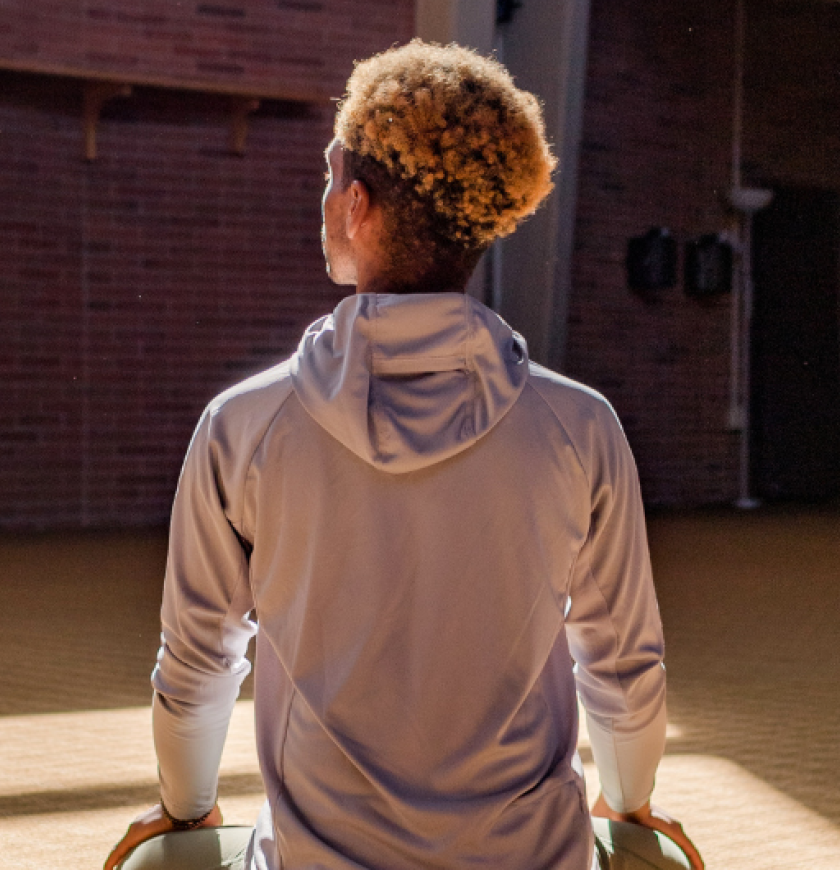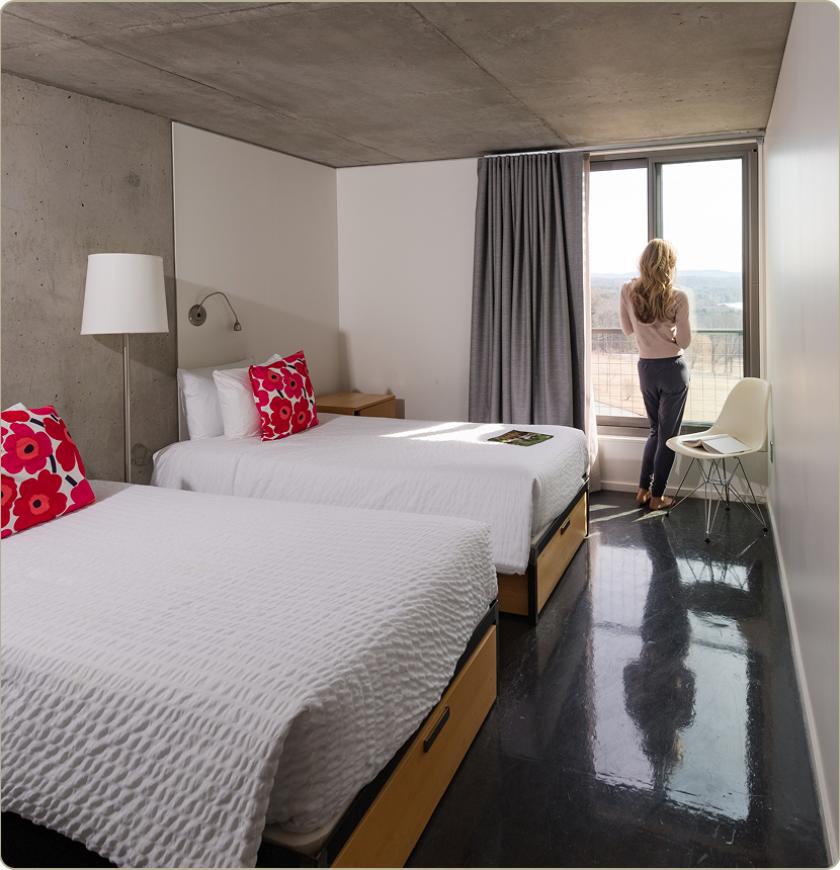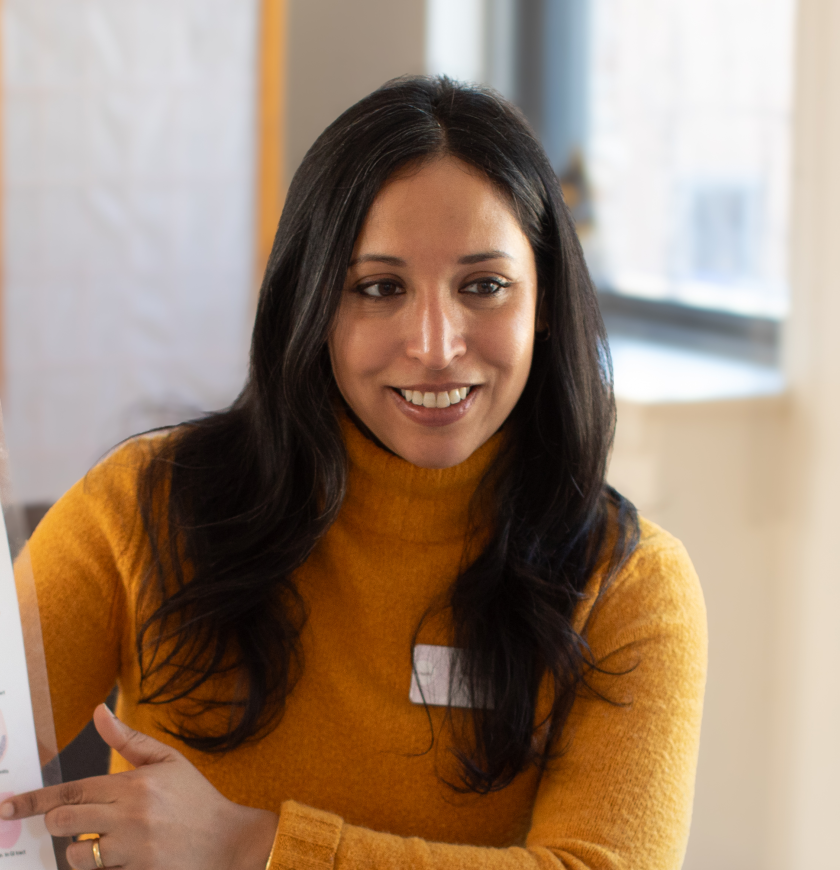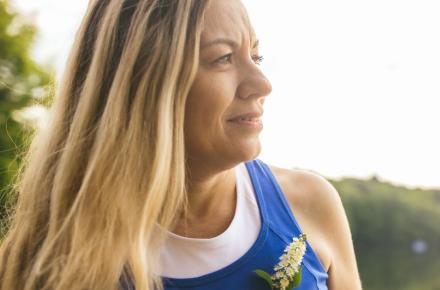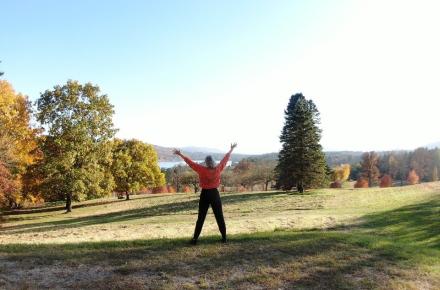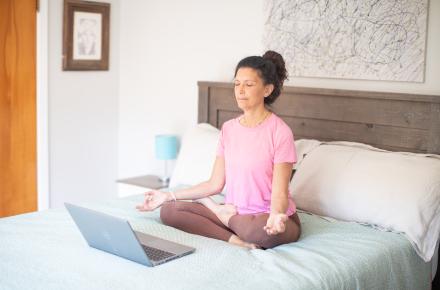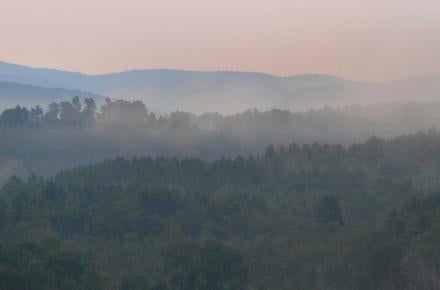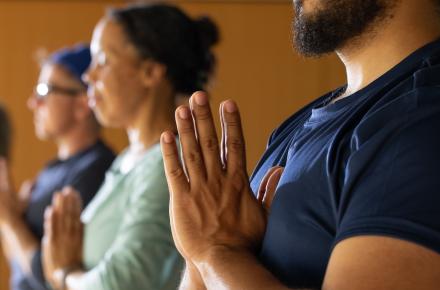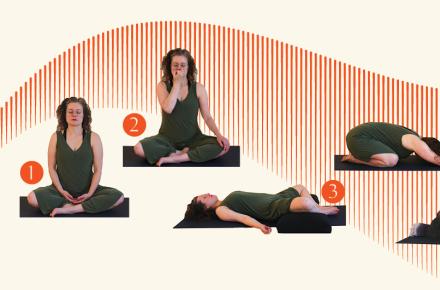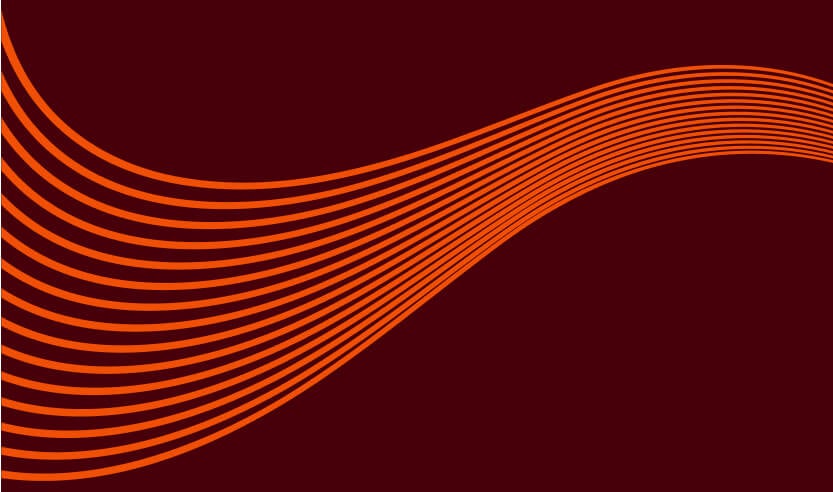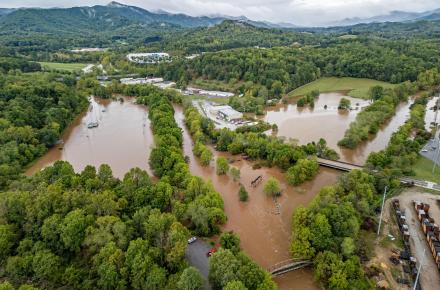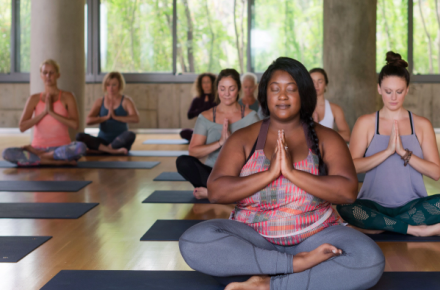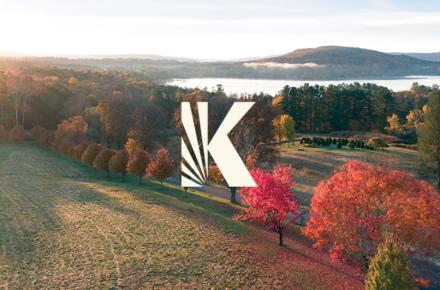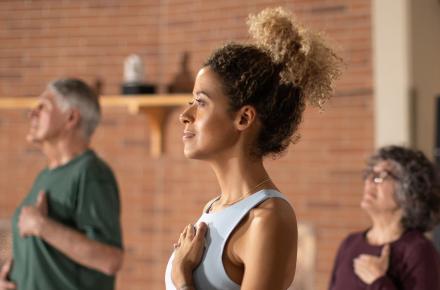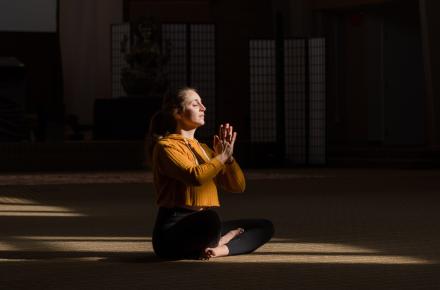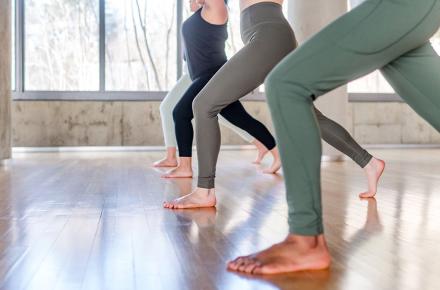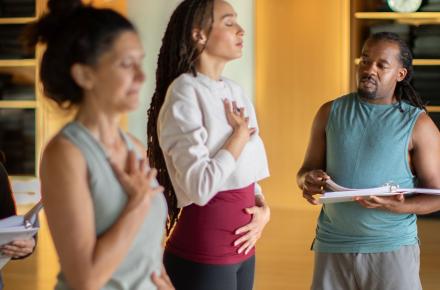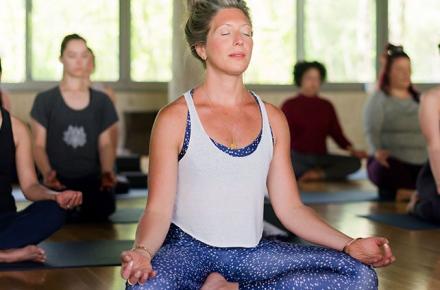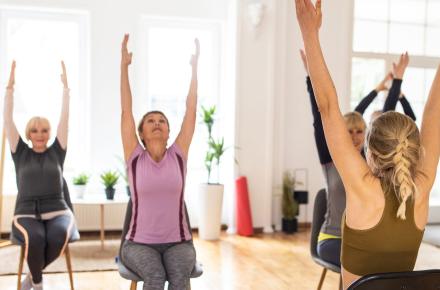Compassion and Loving-Kindness

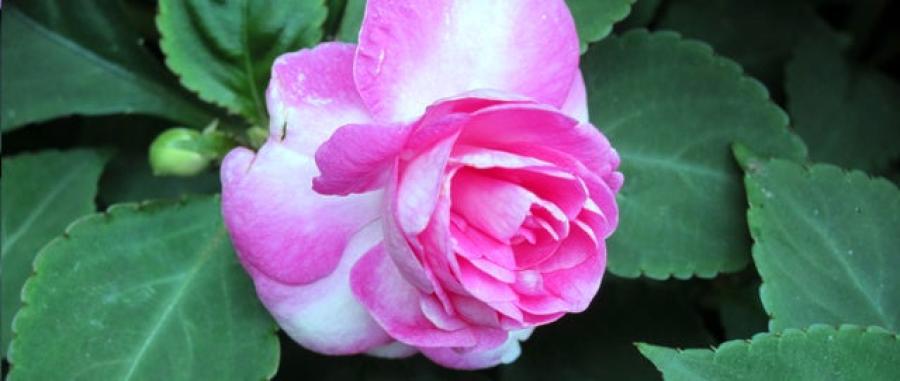
A few years ago, I went on a 10-day meditation retreat in California’s Yucca Valley. It was very well attended, and each morning I sat at the back of a large room full of people as they enjoyed a brief opportunity to ask questions at what was otherwise a silent gathering. Early on, I recognized a pattern: Every day when it was time for questions, someone would raise her hand and say she was having trouble with judgment of herself and judgment of others. Because I was having a lot of trouble with everything, it took me a while to see how much pain there was in the room due to the mental phenomenon people were calling judgment, but eventually it sunk in. When people start watching the mind, they start seeing how much suffering our mental habit of judging ourselves and others is causing.
The leaders of the retreat seemed to think so as well, so on the fourth afternoon they dedicated a practice session to forgiving ourselves for being imperfect, for making mistakes, and for having to learn about life by living it. This was a flexion point in my understanding of the aim of spiritual practice. For much of the previous two decades, I had thought I was healing from the results of my toxic relationship with myself, but it had not occurred to me to actually address the relationship itself. Me, and my story, were just a fact of life—like gravity—and spiritual practice was about making the best of it.
That afternoon on retreat, I came to understand that the judgment we inflict upon the world is a judgment we inflict upon ourselves, and that, if we want relief from constantly judging the world around us, we must learn to stop judging ourselves. The practice of forgiveness has taught me that there is a difference between a person and a behavior. A behavior can be unforgivable, but the troubled, pained, confused individual who acts out the behavior is not.
My teachers did not try to teach me to forgive others. They taught me to see that it made sense to forgive myself and to let go of the past. I now see forgiveness as a primary life skill. Adults need the skill of forgiveness if we are to have sustainable relationships and communities. And self-forgiveness is only the beginning. Once we learn to forgive ourselves for being human, we are able to accept the humanity of others. We will be less and less troubled by the inability of human beings to avoid mistakes and their penchant for acting imperfectly. We will be able to hold space for others as they go through the sacred learning process of a human lifetime. We will desire the calm abiding energy of compassion and see how offering it to others is a way of honoring ourselves.
This essay is excerpted with permission from Meditations on Intention and Being: Daily Reflections on the Path of Yoga, Mindfulness, and Compassion, © 2015 by Rolf Gates.
Articles, programs, promotions, recipes, and more, delivered right to your inbox.
You May Also Like
Related Programs
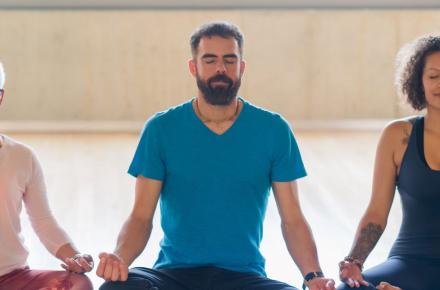
RISE: The Kripalu Approach To Resilience


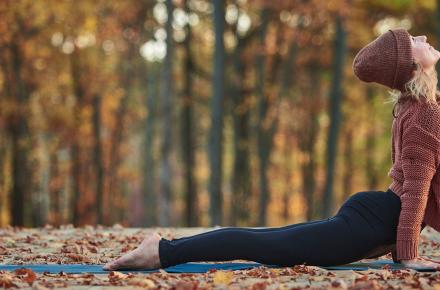
Tantra Yoga of Radical Affirmation

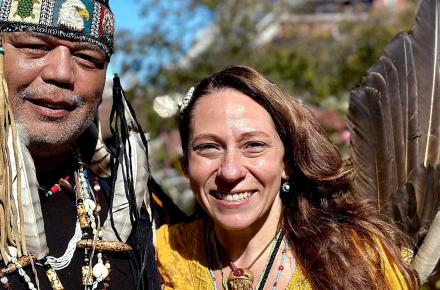
Indigenous Wisdom


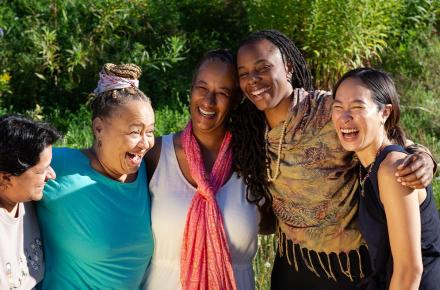
Yoga Retreat for Women of Color



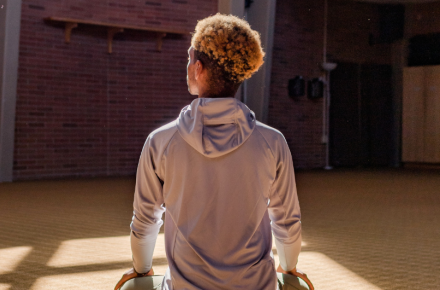
The Kripalu Silent Retreat

Get Our Catalog
Get a sneak peek of everything happening at Kripalu in the coming season. Sign up to get our print catalog delivered to your doorstep.
Newcomer's Guide
New to Kripalu? Explore who we are, what we offer, and begin your transformation today.

